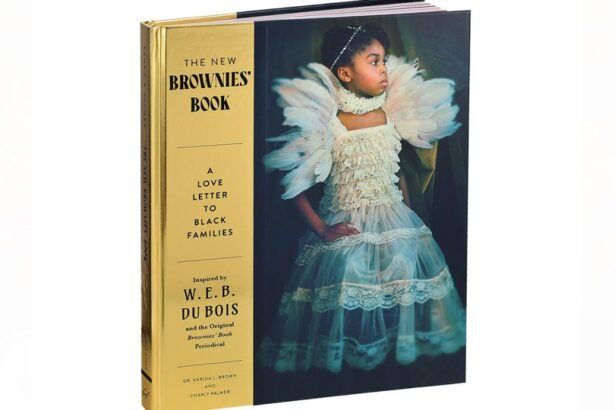Historically Black Colleges and Universities have had a profound impact on the NBA, with players like Willis Reed (Grambling State), Earl Monroe (Winston-Salem State), and Sam Jones (North Carolina Central) leaving a lasting legacy.
Robert Covington (Tennessee State) is the sole current NBA player from an HBCU. However, the representation from historically Black colleges was evident in the officiating crew during the recent All-Star Game, with Derrick Collins (Xavier-Louisiana) leading the way in his 23rd season as an NBA referee.
Out of 74 NBA officials, nine are HBCU alumni, including the seasoned Tom Washington (Norfolk State) in his 33rd season and the relatively newer addition, Matt Myers (Hampton) in his sixth season.
Among these officials, three Southern University alumni stand out: Bennie Adams (29 seasons in the NBA), Courtney Kirkland (24 seasons), and C.J. Washington (8 seasons). Adams, who earned his bachelor’s and master’s degrees in mathematics at Southern, has served as a mentor to many NBA officials, including Kirkland and Washington.
Adams credits his HBCU experience for shaping his professional approach, stating,“It’s something that was passed down to me, just having attended an HBCU. What I thought was OK really wasn’t enough to be successful in the real world. So that tough love was just pushing them to do better, to do more because they had it in them.”
The pioneering efforts for Black referees in the NBA date back to the 1960s when stars like Bill Russell, Wilt Chamberlain, and Oscar Robinson advocated for diversity among officials. Jackie White, an alum of Philander Smith College, became the NBA’s first Black referee in February 1968, while Ken Hudson (Central State) became the league’s first Black full-time referee the following season, recommended by Red Auerbach of the Boston Celtics.
The NBA referees hailing from HBCUs attribute their early lessons on professionalism to their alma maters. Derrick Collins, a standout at Xavier-Louisiana, emphasized how his experience on the basketball team and the education he received helped him develop a resilient attitude, stating,“It helped me be able to deal with adversity. It gave me a sense of perseverance and an opportunity to deal with it when things didn’t go right. Just continually to have an energy about yourself to complete the job at hand. I really, truly value that foundation that prepared me for life after school.”
Adams, who also taught math at Southern while climbing the referee ranks, highlighted the academic environment and sense of community at HBCUs as invaluable factors in his development.
“It’s an academic environment where there’s a sense of community,” Adams emphasized.
A Unique Experience: NBA referees share bond over HBCU
Attending a Historically Black College or University (HBCU) is an experience like no other. NBA referees who are graduates of HBCUs find a unique bond as they share their experiences with each other. They feel a sense of camaraderie knowing that they have all gone through a similar journey.
In a statement to nba.com, Tom Washington, an NBA referee and HBCU alum, expressed the connection they have: “Each school has its own unique experience of campus life, but there’s actually a common thread that runs through all HBCU schools. We understand what you were doing at your school, and we would like to talk about how we did similar things at ours. It’s a unique bond that’s great to share, not only amongst ourselves but amongst our peers that we work with, to tell them how things were, how we were educated, and how we socialized at an HBCU.”
This shared experience gives them a sense of belonging and community. They talk about various aspects like campus life, education, and socializing at HBCUs. This bond is not only unique but also cherished by those who share it.
The NBA referees are proud of their HBCU roots and enjoy discussing their alma maters with their peers. They also express their pride in the HBCU culture, including supporting their alma mater’s sports programs. This connection brings them closer together and provides a sense of solidarity that extends beyond the basketball court.
The shared connection extends even to discussions of the best band, with one NBA referee, C.J. Washington, advocating for Southern University’s band as the greatest ever. This friendly rivalry and pride in their alma maters are a testament to the strong bond formed through the HBCU experience.
Attending an HBCU is not only about education; it’s about forming lasting connections, unique experiences, and a sense of community that stays with these individuals throughout their lives. The shared stories and experiences from HBCUs create a sense of unity and pride among those who have had the opportunity to attend these esteemed institutions.




